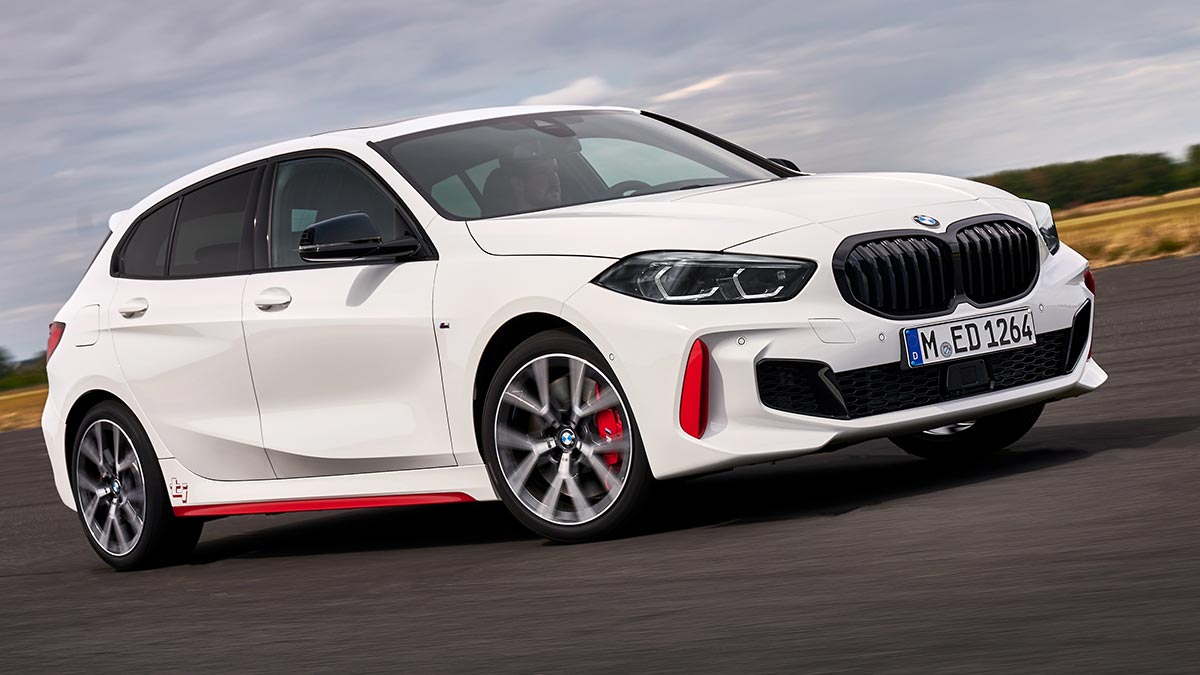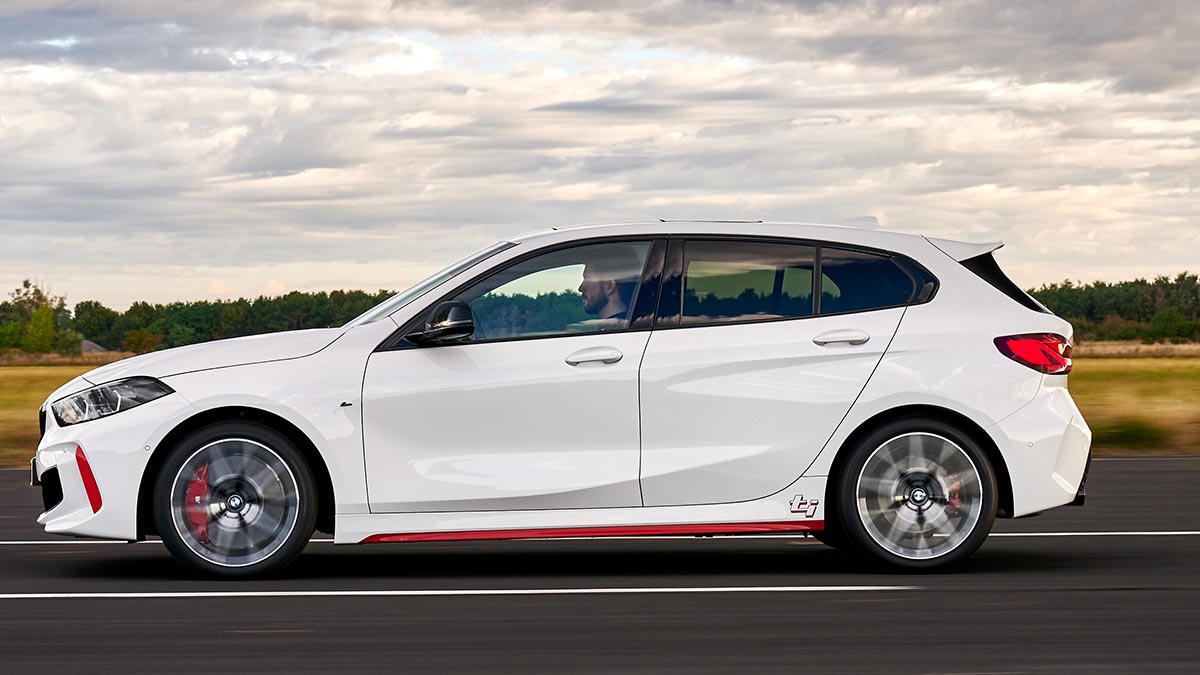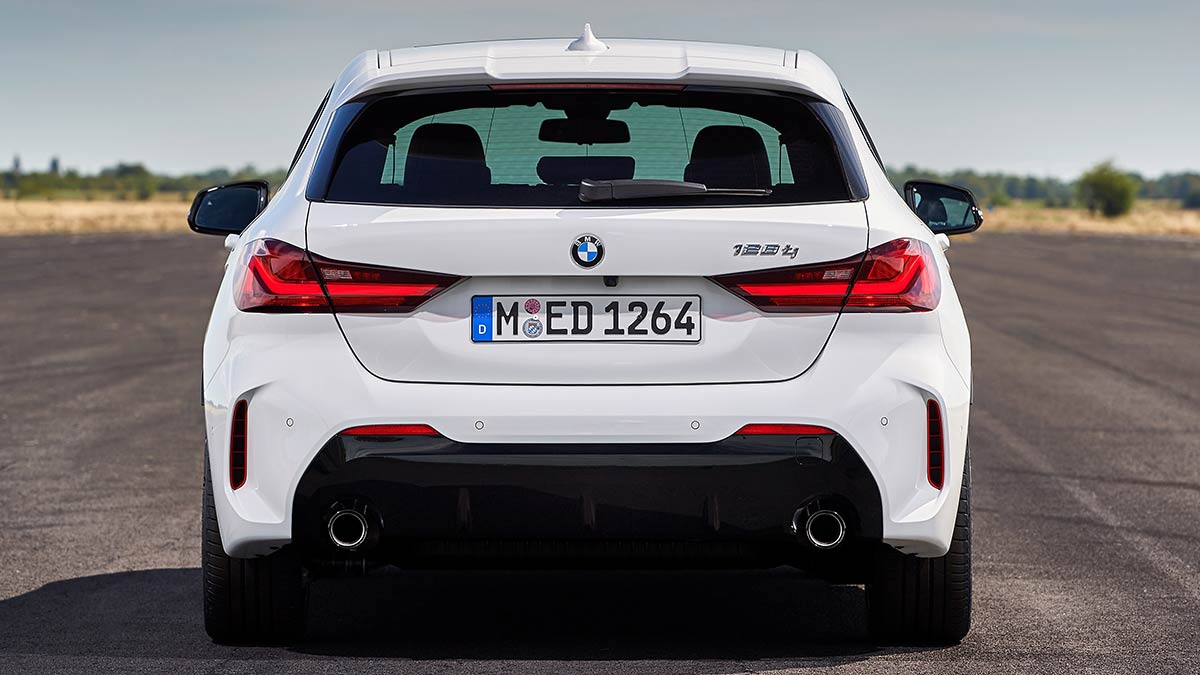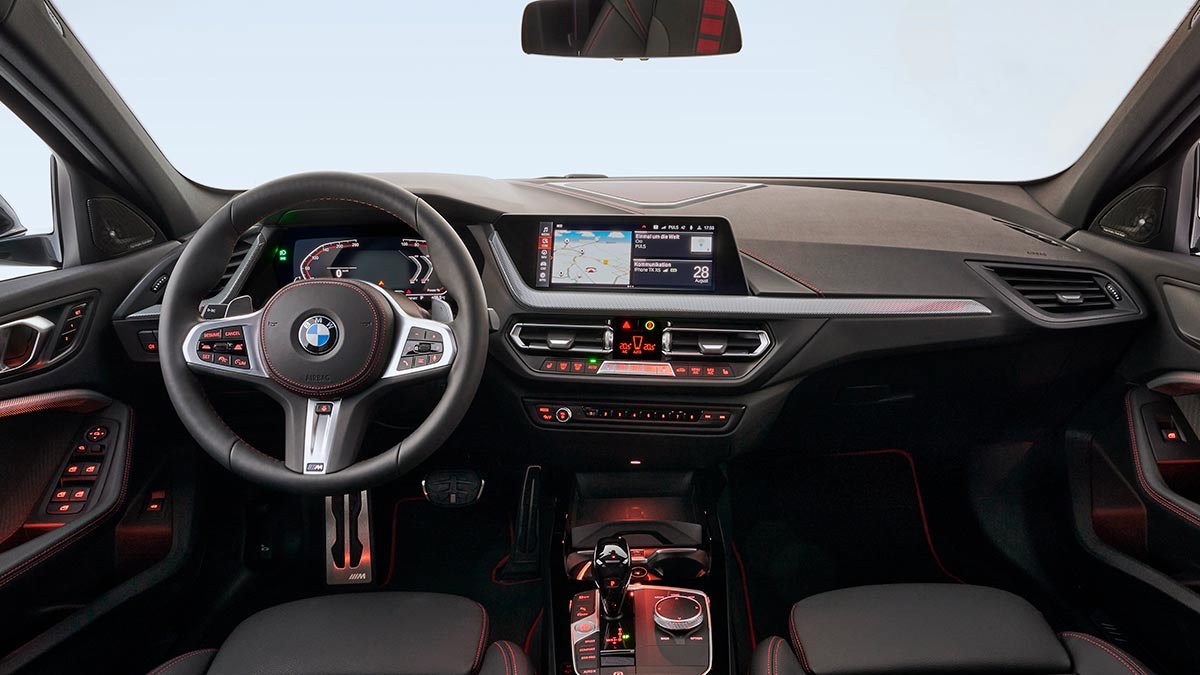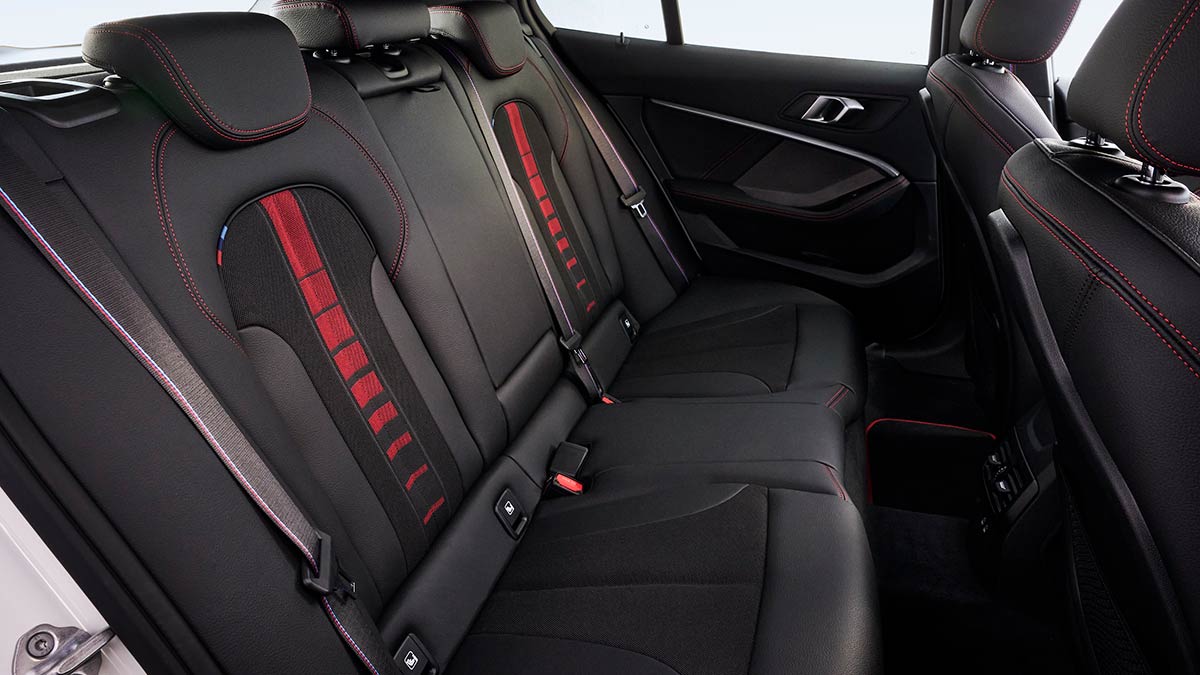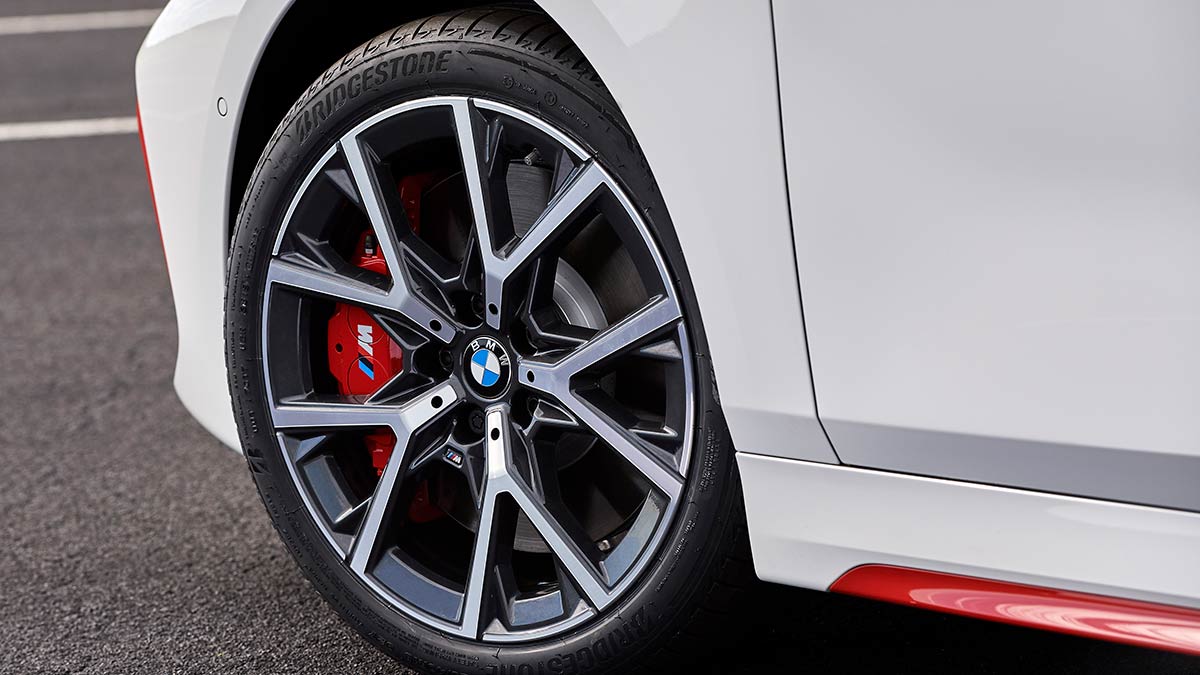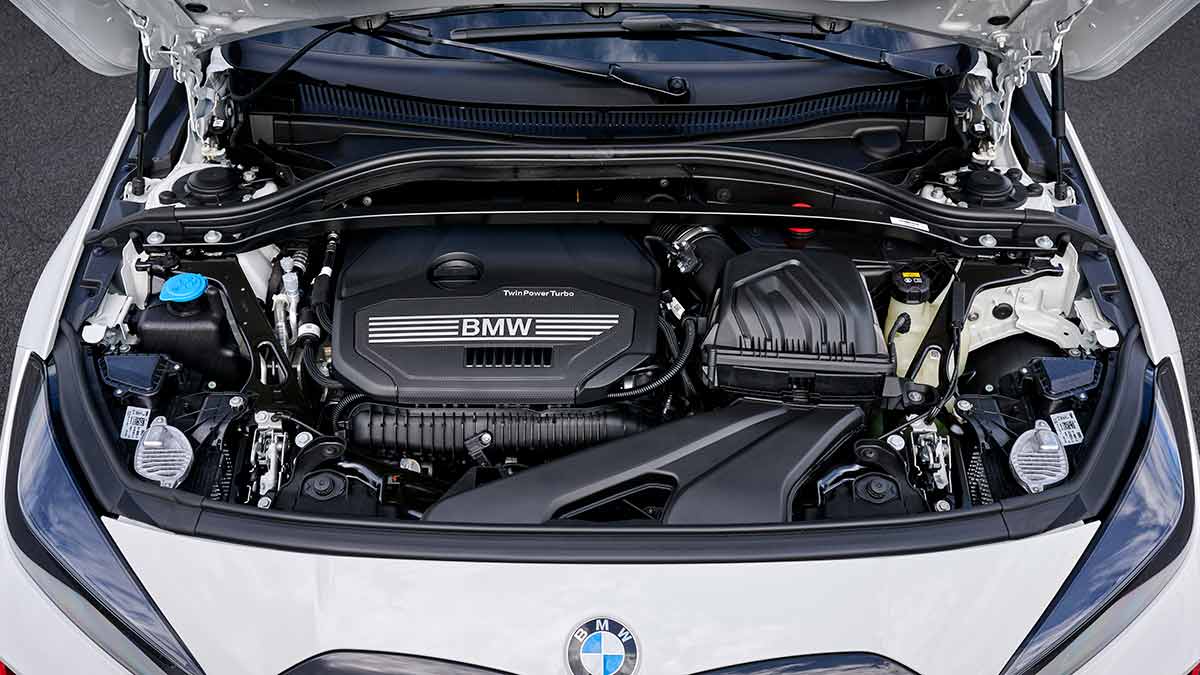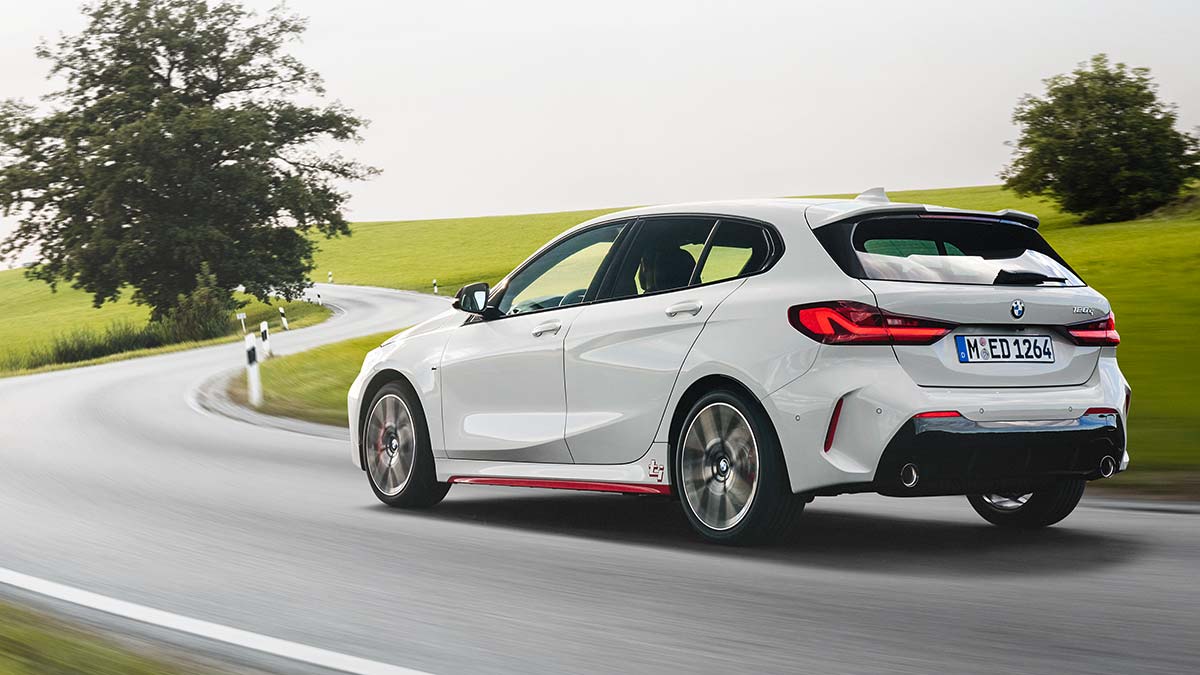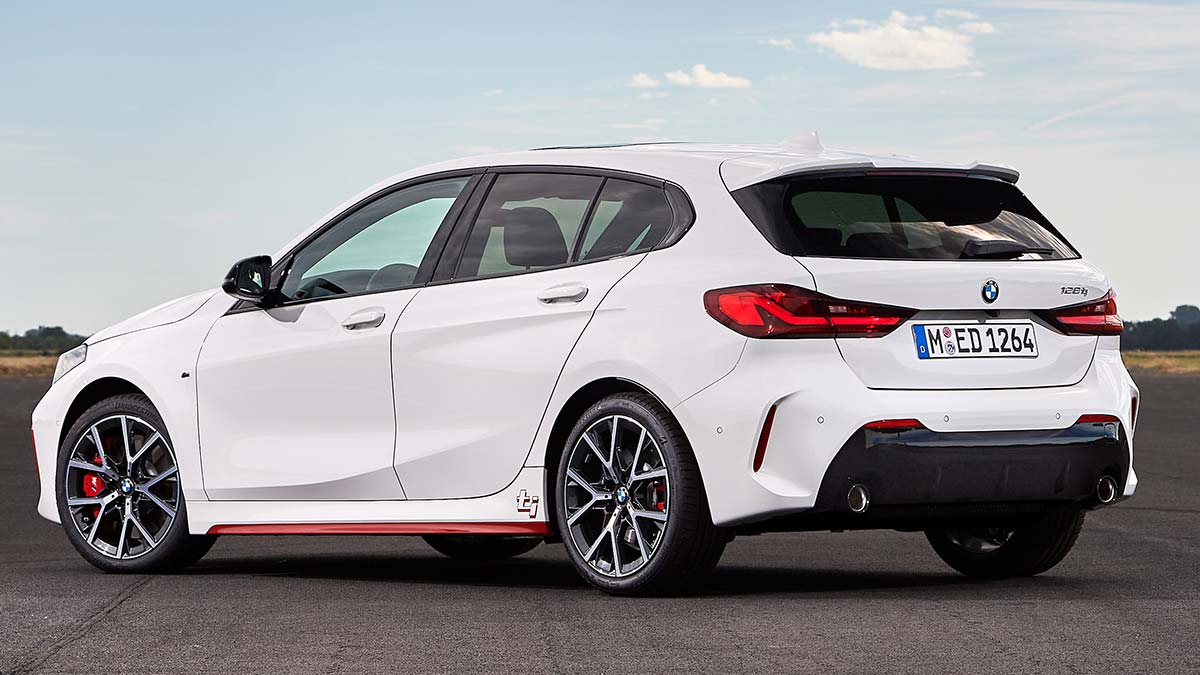The ninth-generation Toyota HiLux has arrived, bringing with it a futuristic forward exterior design, more safety and tech and the same rugged capability owners love. Will the updates tempt private buyers away from the Ford Ranger or are they just enough to keep fleets onside?
2022 BMW 128ti road test review

With BMW deciding to reprise the 'ti' badging, the German car brand is targeting and chasing the bona fide driving enthusiast.
Rather than an all-in M-badged vehicle, this front-wheel drive hatch is meant to be more enjoyable than the regular variants.
BMW does rear-wheel drive superbly and is handy at all-wheel drive versions too. However, front-wheel drive models haven’t had the driver engagement of their traditional siblings.
The 128ti is meant to address that shortcoming, without being a full-blown M-badged sports version, such as the all-paw M135i.
The ti stands for “Turismo Internazionale” and, according to BMW, represents “particularly dynamic BMW models and which first appeared on the 1963 BMW 1800 TI”
Big shoes to fill, then. So, does the 128ti live up to BMW’s hype?
On this page
- How much does the BMW 128ti cost?
- Is the BMW 128ti safe?
- What's the BMW 128ti like inside?
- What's under the BMW 128ti's bonnet?
- Is the BMW 128ti efficient?
- How does the BMW 128ti drive?
- Should I buy one?
How much does the BMW 128ti cost?
The front-wheel drive hot hatch segment is a hugely competitive mix. Forget the brand here, most buyers are looking for bang for their buck. In that context, the 128ti sits middle of the range.
Priced at $57,900 before on-road costs (around $66,000 on the road), the Beemer is competing against everything from the Hyundai I30 N Premium at $47,500 plus on-roads, the Volkswagen Golf GTI at $54,990 and the Renault Megane RS Trophy at $60,990.
Toss in the upcoming Honda Civic Type R and Ford Focus ST (pricing for which have yet to be announced) and the 128ti is facing a horde of opposition.
Just as many of the well-heeled don’t appreciate turning right when they board an international flight, many prospective BMW owners won’t be considering mainstream models.
In that regard, the 128ti does stand out from the crowd as the only prestige front-wheel-drive hot hatch - Audi and Mercedes-Benz opting for all-wheel-drive grip for their sportier hatches.
The BMW is covered by a relatively meagre three-year, unlimited kilometre warranty. That’s not good enough when rivals have moved with the times and now provide a five-year coverage. And it’s not like the build quality of the BMW isn’t up to the task: the fit and finish and feel of mechanical tautness are first rate.
Pre-paid servicing costs are cheaper than most vehicles in this class at $1,350 for three years or 40,000km and $1,700 for five years or 80,000km. You don’t have to be Einstein to determine the latter figure is better comparative value.
Is the BMW 128ti safe?
The 128ti is technically not rated by ANCAP, whose five-star assessment in 2019 only covered the 118i and M135i.
Given the only difference is the engine and suspension, it would be fair to expect another five-star rating for this vehicle.
ANCAP awarded the BMW 83 per cent for adult occupant protection (low by premium standards), 89 per cent for child occupant protection, 76 per cent for vulnerable road users and 73 per cent for safety assist software.
The biggest issue with the 1 Series, according to ANCAP, was a “weak” rating in the full-width frontal crash test for rear adult passengers.
The whiplash test also saw a marginal score for those in the front seats, which in turn impacted the autonomous emergency braking city result, given “the points for AEB City were not awarded as front head restraint performance in the Whiplash test must be good in order to earn the additional points for active safety”. Ouch.
What’s the BMW 128ti like inside?
Buyers are essentially getting the standard 118i interior with a bunch of red highlights and M Sport accessories such as the steering wheel and door sills.
Red stitching highlights adorn the dash and seat, there a red-edged floor mats, a red “ti” logo stitched into the centre console lid … you get the picture.
Standard equipment is reasonable at this price point, with dual-zone air-conditioning, a 10.25-inch infotainment screen and digital driver’s display, head-up display, wireless phone charging, smartphone mirroring and semi-automated parking.
There’s room for two adults in the rear seats and the boot holds an acceptable 380 litres.
What’s under the BMW 128ti’s bonnet?
A 2.0-litre turbocharged engine sits snugly under the bonnet of the 128ti. It has been tuned to produce 180kW and 380Nm, with maximum torque available from just after idle at 1500 revs through to 4400 revs.
That power is sent to the front wheels using a conventional eight-speed automatic, rather than a dual-clutch setup. It doesn’t affect the BMW’s acceleration, with a 0-100km/h sprint time of just 6.3 seconds. For the record, the AWD M135i reaches the same speed in 4.8 seconds. It also costs at least $9000 more.
Is the BMW 128ti efficient?
Drive sedately and it is possible to come close to the claimed combined fuel use of 5.7 litres every 100km, with CO2 emissions of 156 grams a kilometre
Indulge your right foot and that figure could come very close to 10 litres over the same distance. The 128ti is recommended to run on 98 RON fuel and with a 50-litre tank, there goes $100-plus.
Left to its own devices, the eight-speed quietly and efficiently flicks through the gears to keep the hatch surfing in the bottom half of that peak torque zone. That has the effect of reducing fuel intake while still having the engine set to rapidly respond to a call for more acceleration.
How does the BMW 128ti drive?
Driving dynamics are expected in a sporty BMW product and the 128ti doesn’t disappoint. It does, however, lack the oversteer-oriented attributes of a rear-drive vehicle like the earlier generation 1 Series cars and traditionalists miss that.
In its place is a limited slip differential on the front axle and sophisticated sensors and software to quell torque steer and divert the power to the wheel where it will maximise grip and acceleration.
The car consequently corners well and it takes a concerted effort to induce the front-wheel understeer (where the car wants to go straight ahead when cornering). Even when that does occur, a slight lift of the accelerator will quell the tendency.
Suspension settings and chassis tune put an emphasis on dynamics over comfort, meaning the 128ti hits sharp-edged bumps rather than rides over them. The upside is it still tracks true over said bumps, and if you bought the 128ti for the right reasons, that’s an acceptable compromise.
Less enjoyable is the tyre roar over coarse chip surfaces. BMW is not alone in this regard, as tyres developed to deliver grip increasingly tend to do this, irrespective of the brand. It’s still an issue worth considering if you plan extended country drives.
Should I buy one?
Competition in the front-drive hot-hatch segment is fierce. There are faster cars for a friendlier price, but none of them pack a prestige badge.
If that is part of the appeal, then the BMW 128ti is the pick of this crop. If not, enjoy comparing it to its rivals, they’ll all be test drives to fondly remember.
In purely objective terms the 128ti isn’t ridiculously priced, nor are the servicing costs prohibitively excessive. I would park one as a daily driver, while cognizant of the fact it isn’t the smoothest-riding operator in the BMW fleet (you need adaptive dampers for that).
The information provided is general advice only. Before making any decisions please consider your own circumstances and the Product Disclosure Statement and Target Market Determinations. For copies, visit racv.com.au. As distributor, RACV Insurance Services Pty Ltd AFS Licence No. 230039 receives commission for each policy sold or renewed. Product(s) issued by Insurance Manufacturers of Australia ABN 93 004 208 084 AFS Licence No. 227678.
